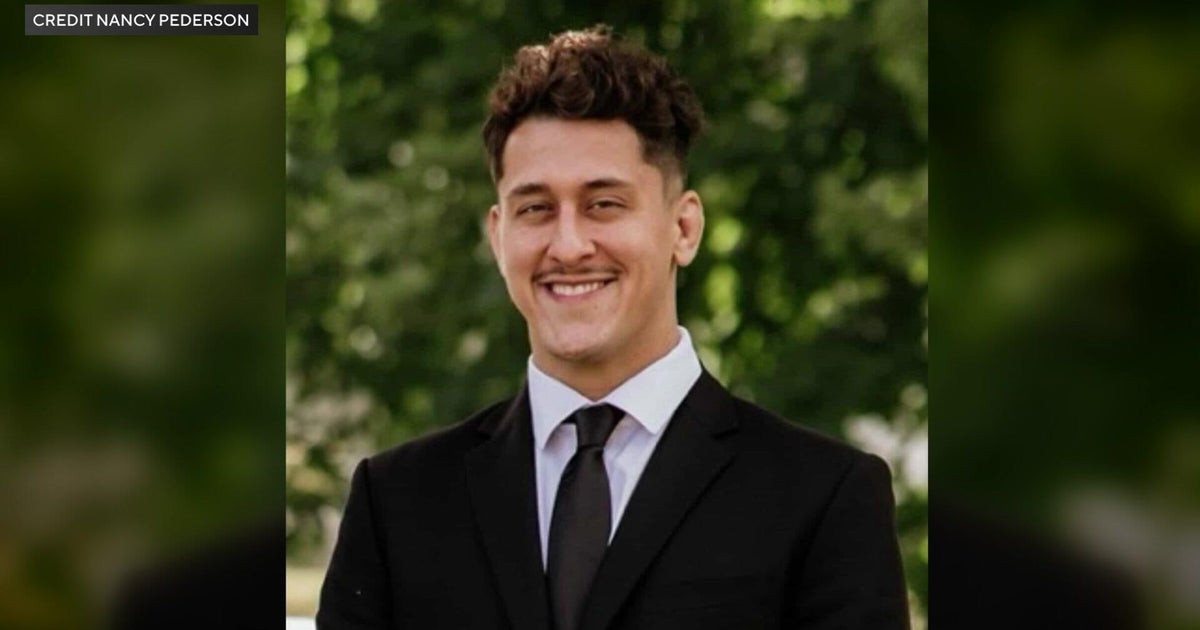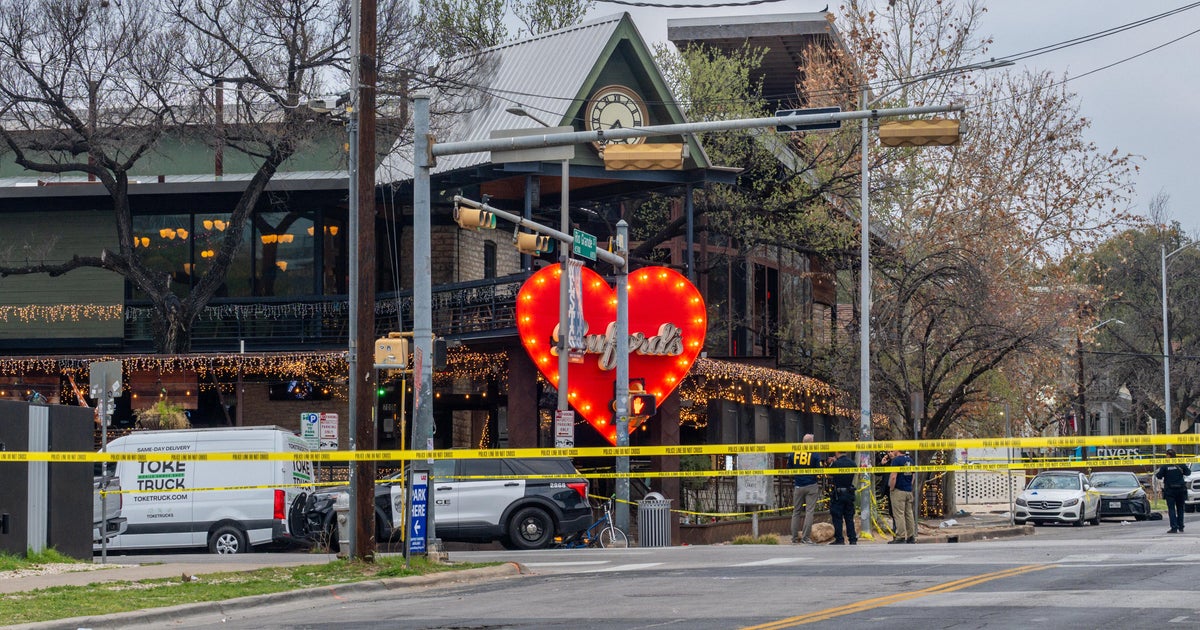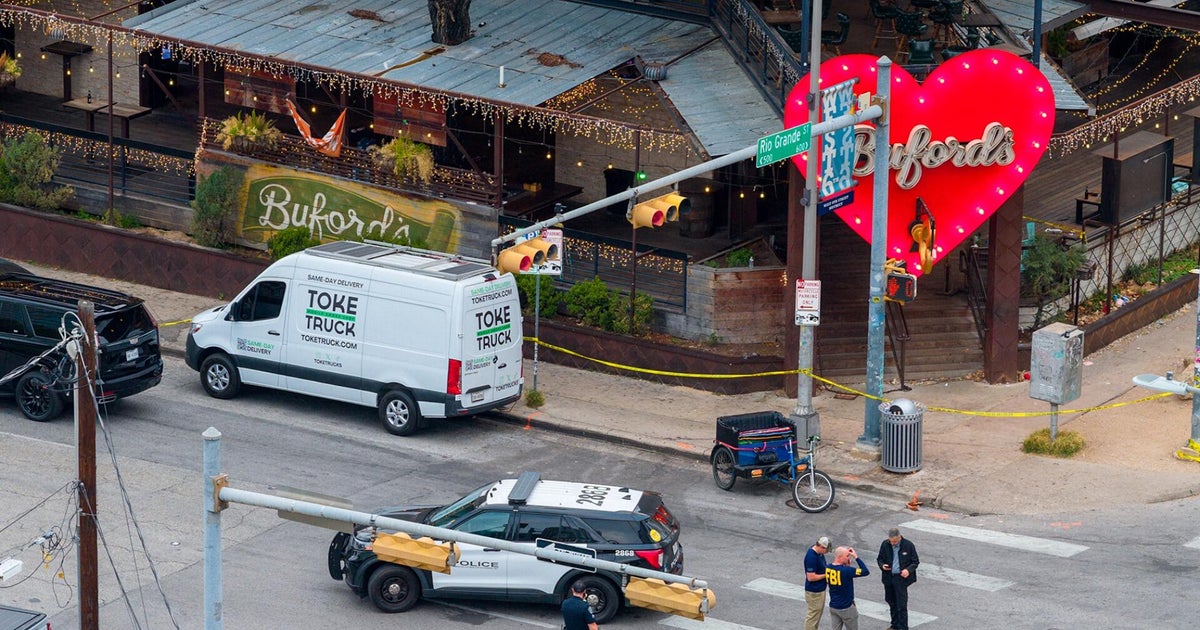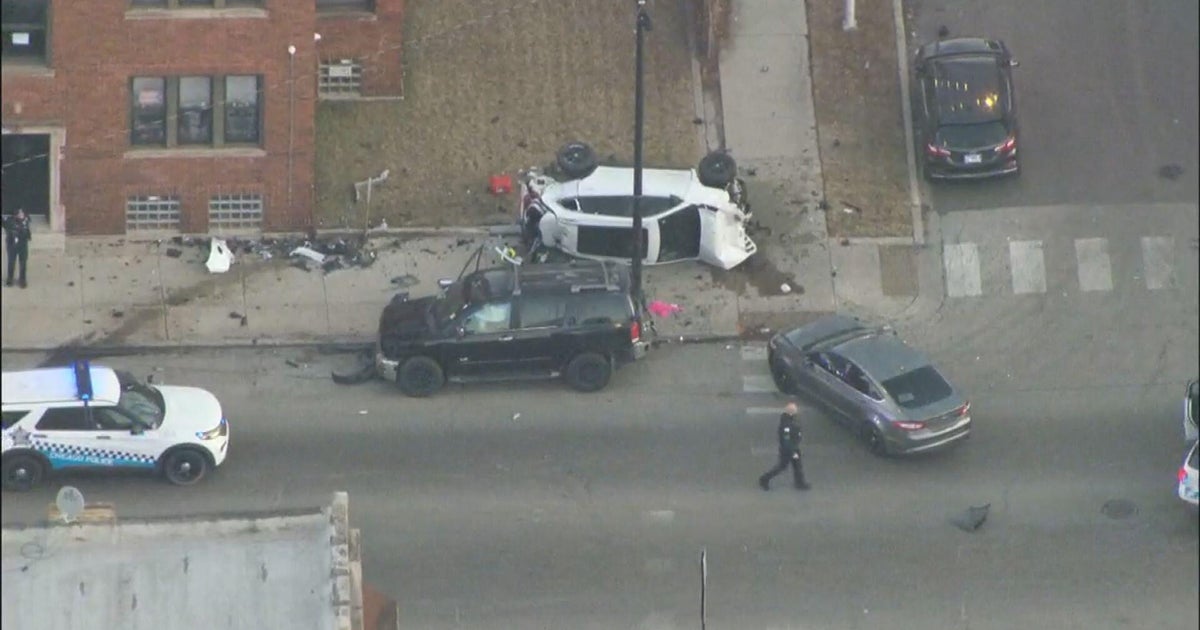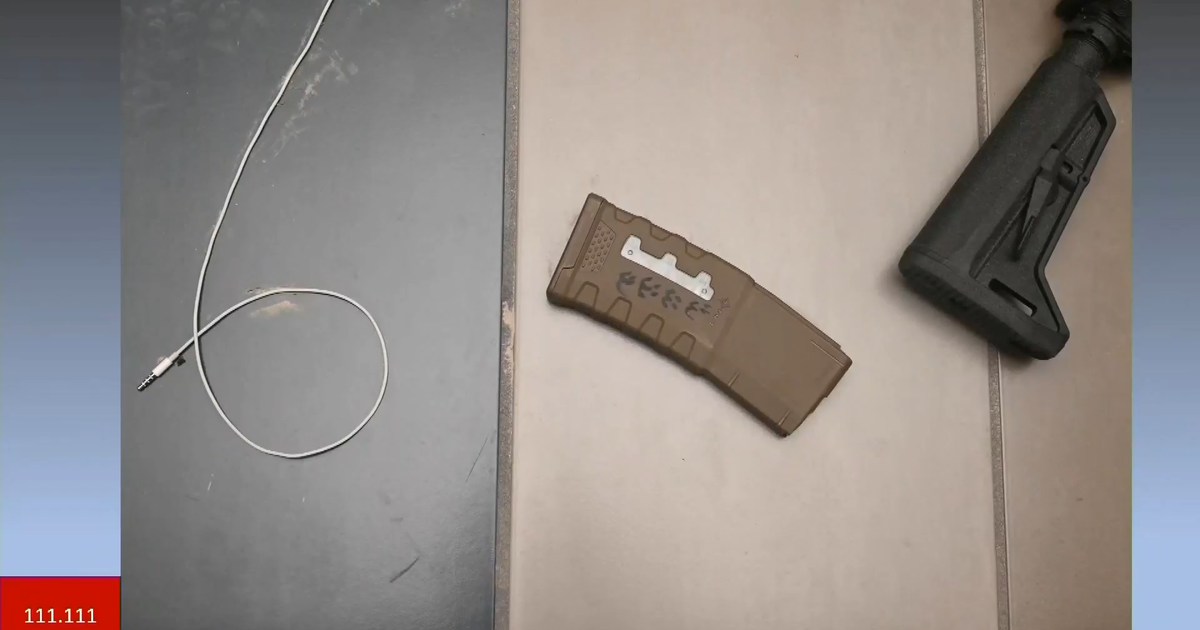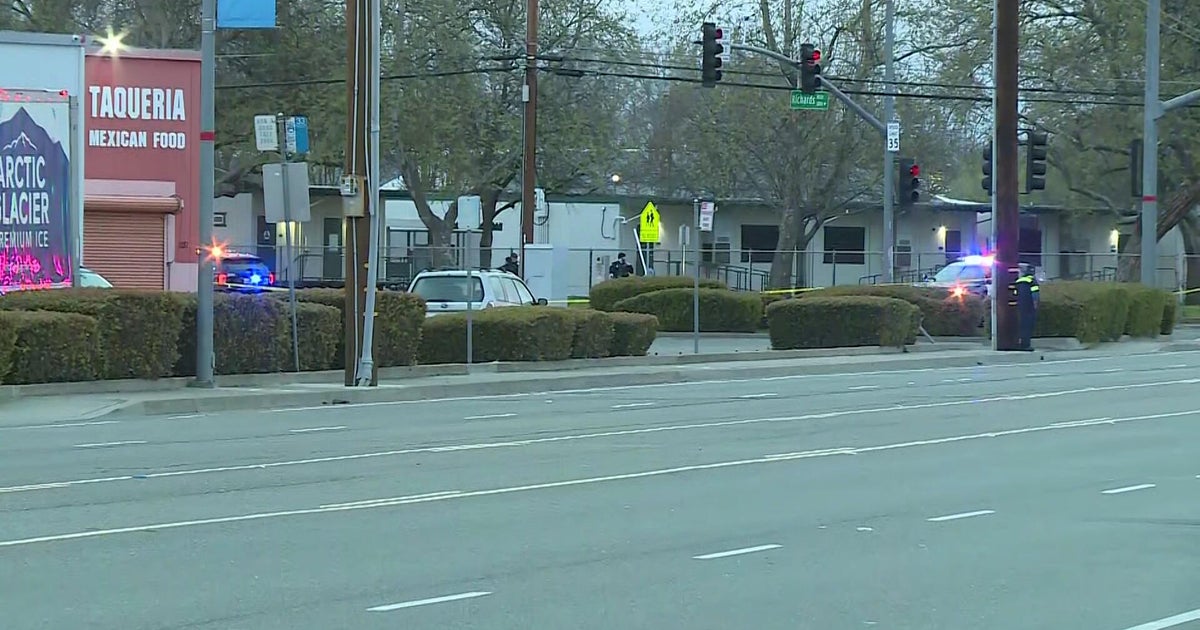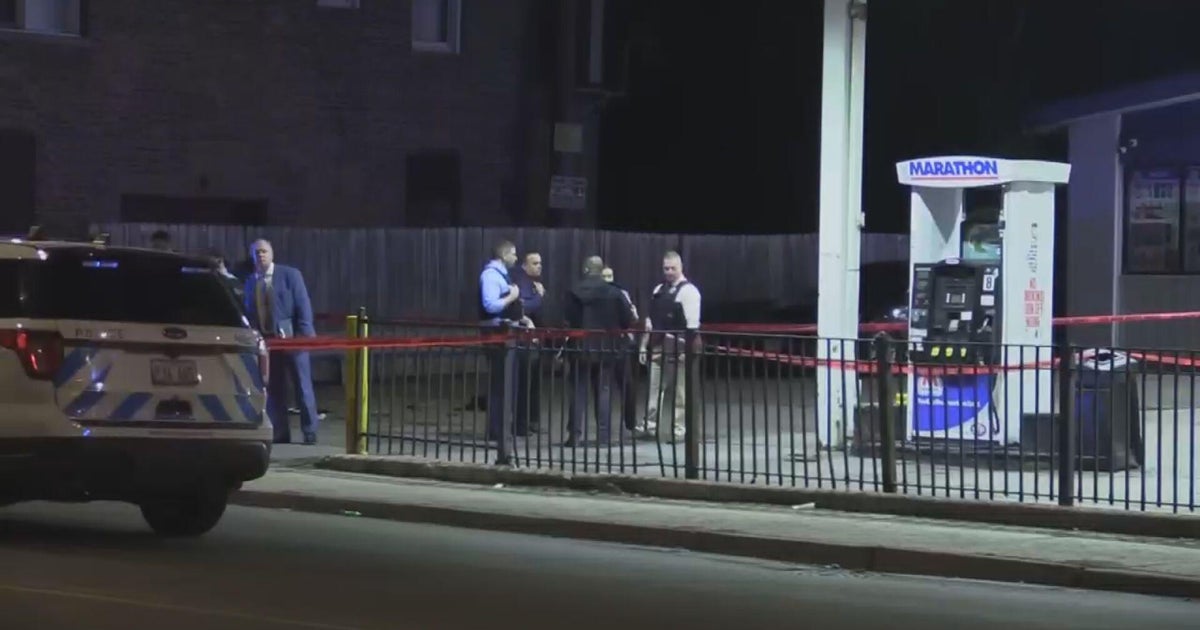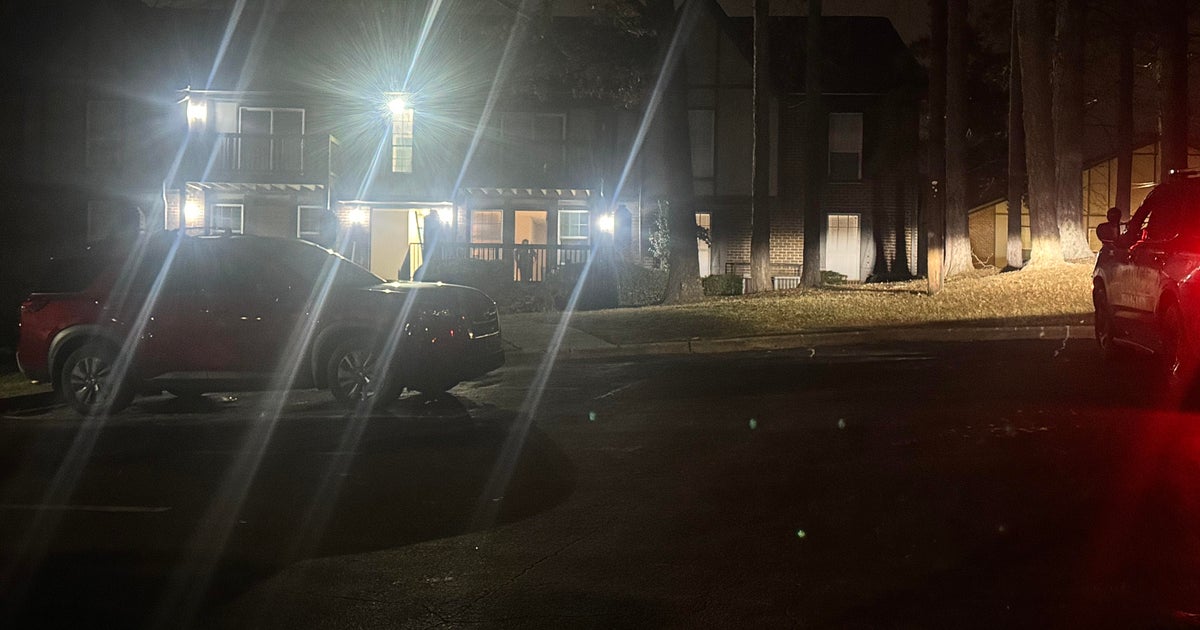Gay Leaders After Massacre: 'Tears Are Not Enough'
Follow CBSMIAMI.COM: Facebook | Twitter
TALLAHASSEE (NSF) – Walking through a Chicago airport on Sunday, it wasn't merely the horrific massacre of 49 clubgoers at a gay bar in Orlando earlier that morning that reduced Christian Ulvert to tears.
It was how he heard a couple of fellow travelers characterizing the event.
"They said it was such a tragic event, but at least it wasn't a school where children were, it was a club where gays hung out," Ulvert, a gay Democratic political consultant told The News Service of Florida in a telephone interview Monday. "That was a very painful moment. It was very hard to hold back the tears."
The shooting deaths of 49 people, many of them Hispanic, at Pulse, a popular gay nightclub in downtown Orlando, has sparked outrage, grief and a global outpouring of support for the LGBT community.
Federal authorities say gunman Omar Mateen, 29, acted alone, but, in the words of President Barack Obama, was "radicalized" by Islamic terrorists via the internet.
In the short time since the event, much of the analysis has focused on Mateen's links with terrorists.
But while reeling from the worst mass shooting in the nation's history, many LGBT people throughout Florida, and the nation, feel they're being ignored.
"I think it's pretty much gone viral that our political leaders not only in Florida but throughout the country need to say the words that this was an attack on our gay community," said Ulvert, a Miami resident who has been married to his husband, Carlos Andrade, for three years. "You have to say those words."
Speaking to reporters at the White House on Sunday, Obama called the tragedy that brutalized Orlando "an act of terror and an act of hate" that was "especially heartbreaking for all of our friends … who are lesbian, gay, bisexual or transgender."
In his remarks to the media, Gov. Rick Scott has talked about terrorism and expressed sorrow for the victims and their families. But he has avoided references to the gay or LGBT component of the attack.
"This is clearly an attack on the LGBTQ community. It was clearly an attack on Latinos as well. A supermajority of the victims that have been named so far are young Latino men, most of them LGBTQ," said Carlos Guillermo Smith, governmental affairs director for Equality Florida, a gay-rights advocacy group.
"We have to remember that it is an attack on our community, which we have to call out for what it is --- an anti-gay, anti-Latino, disgusting act of terror and hate," Smith, a Democrat running for the state House in Orlando, said in a telephone interview.
The timing of Sunday's attack --- during LGBT Pride month --- was especially heart-wrenching.
On a June night in 1969, habitues of the Stonewall Inn --- an integral component in New York City's gay community --- fought back during a police raid, in an event widely believed to have given birth to the gay liberation movement.
Since then, gay nightclubs like Pulse, the scene of Sunday's bloodbath, have been considered safe havens for LGBT patrons.
"These types of places, they're the gathering spots for gay people. It is where we can be ourselves. We can go have a good time and be away from the critical eye of society and be out and open and free. The clubs have always been a really important part of our culture," said Susan Gage, a gay activist who lives in Tallahassee.
Gays in Florida --- and the nation --- have racked up victories in the courtroom in recent years. Same-sex marriage has been legal in Florida for more than a year, and gay couples are now permitted to legally adopt children.
But the reaction to Sunday's attack, for many, is seen as a step backward, especially after reports that Mateen's father said his son was enraged after witnessing two men kissing in Miami.
"Our work to change hearts and minds needs to continue in a more aggressive way because that's the only we overcome the hate," said Ulvert, who described news of Sunday's historic massacre as being like "a punch in the gut."
Jim Brenner, who was one of the plaintiffs in a successful challenge to Florida's prohibition on same-sex marriage, is focused on pushing for a ban on assault weapons, but he is also concerned that the hate-crime component of the Orlando mass murder is being downplayed.
"Tears are not enough anymore. We have got to stand up and make it known that we are going to make this stop. If we have to march through hell itself, we are going to make this stop. We're not a bunch of wimps that are going to go like lambs to the slaughter. This is not going to happen anymore," Brenner, a Tallahassee resident, said.
Many gay leaders also view Sunday's tragedy as an opportunity to strengthen the community.
"That's the thing that this whole episode is never going to take away from the gay community. We pull together and then we become even more of a juggernaut," said Gage. "We've been hurt. We are crying. We are in pain. But we're not backing down."
Gage is a longtime member of Mickey Faust, a community theater group she said has been a "haven" for LGBT locals in the Tallahassee area. The troupe's Friday show will go on, Gage said.
Ulvert favored a sort of "turn the other cheek" approach, despite hateful comments he said he viewed on social media accusing gays of being punished for their lifestyle.
"Our community has to be resilient and not show hate with hate, instead stick to what we've been doing, which is love will conquer," he said. "It's challenging, though, when you do go online and you see people commenting. I've stopped looking.
The News Service of Florida's Dara Kam contributed to this report.
